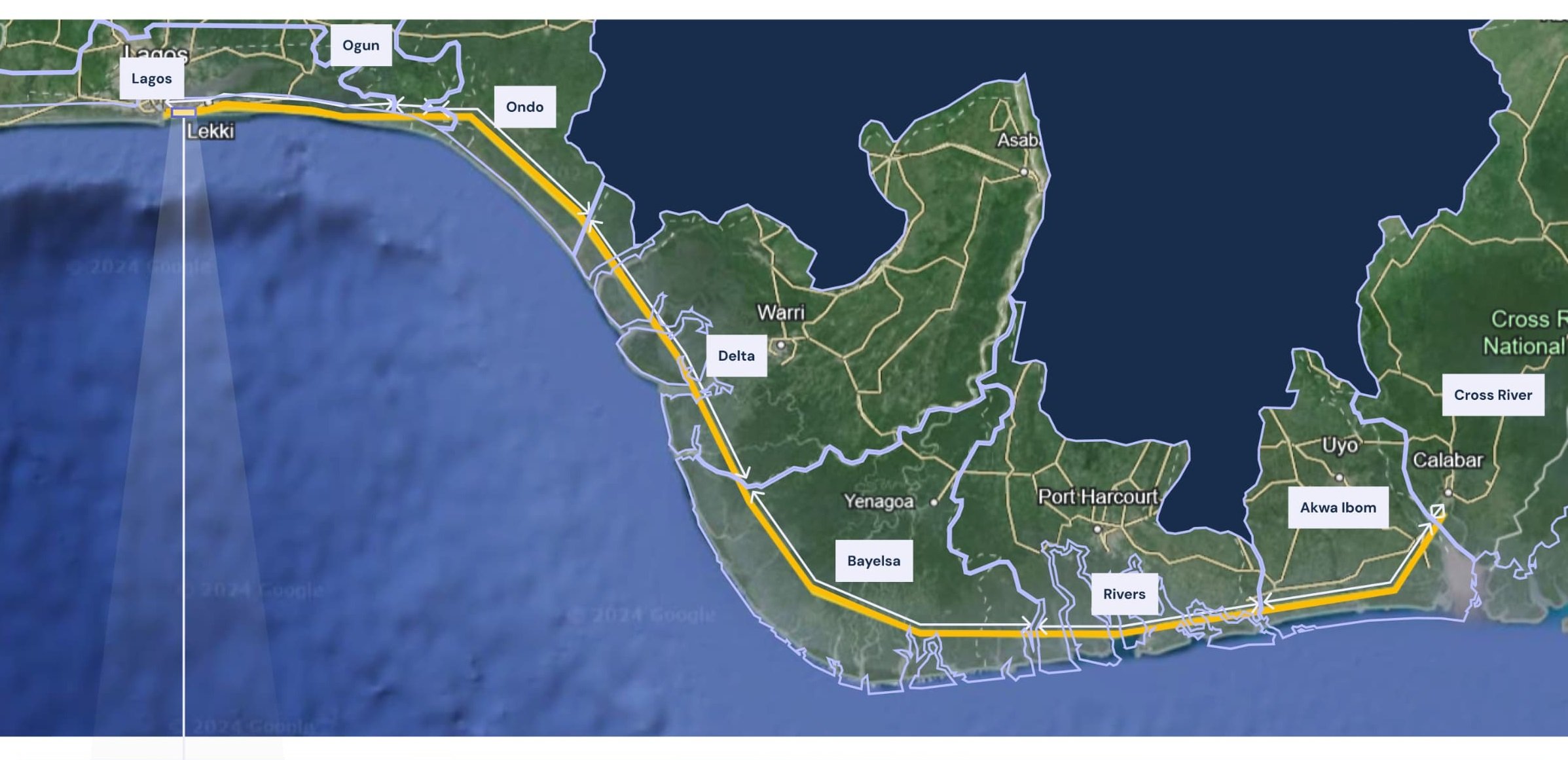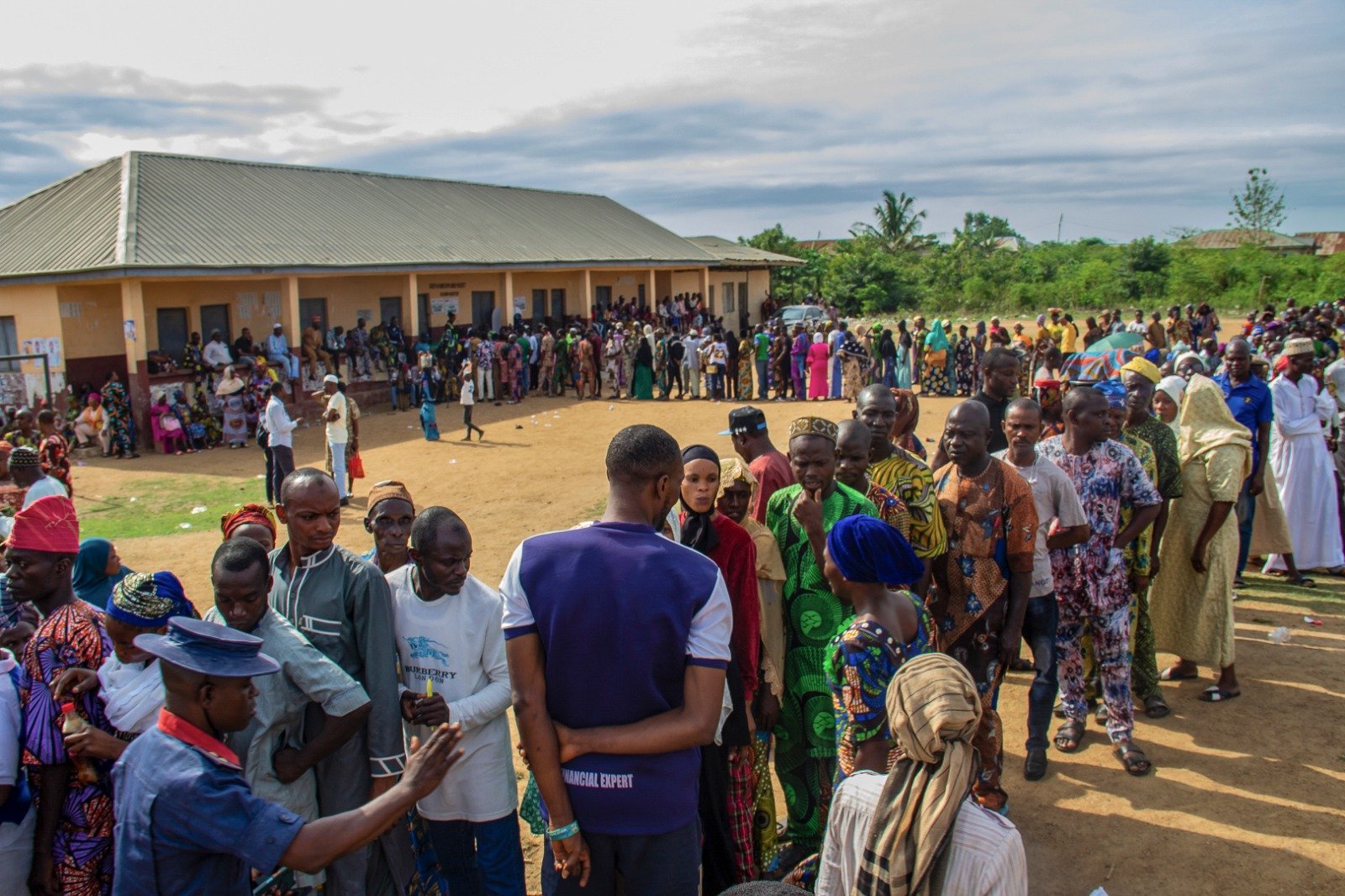BY NURUDDEEN USMAN
Nigeria’s inflation rate has surged to an alarming 34.19% in June 2024, up from 33.95% in May, signalling a dangerous trend that demands immediate attention. This persistent rise in prices not only presents immediate economic challenges but also raises profound concerns about the country’s long-term stability.
The root causes of this inflationary spiral are multifaceted. Unproductive government spending, often financed through monetary expansion via the Central Bank of Nigeria’s (CBN) ways and means facility, has driven up aggregate demand without corresponding increases in production capacity. This imbalance inevitably has led to higher prices as more money chases relatively fewer goods and services.
Cost-push factors have played a significant role, especially in sectors like agriculture and energy. Ironically, the CBN’s interventions, such as the Anchor Borrowers’ Programme, has fuelled inflation by injecting liquidity into the economy without increasing output.
Advertisement
Since funding agriculture is not within the CBN’s mandate, it raises serious questions about the effectiveness of these initiatives. I strongly urge the senate to prohibit the CBN from engaging in ‘developmental functions’ and redirect its focus to its core mandate of ensuring monetary and financial stability, a responsibility it has thus far neglected.
The depreciation of the naira, soaring from $315 in January 2020 to a staggering $1573 by July 2024, marks an alarming depreciation of approximately 400 percent. This drastic decline vividly illustrates the profound consequences of unchecked monetary expansion and deficit financing. The CBN must recommit to its core mandate of price stability with unwavering determination, Governor Olayemi Cardoso’s recent reaffirmation of this commitment is a step in the right direction, but words must be followed by concrete actions.
The bank must resist political pressures and assert its independence in conducting monetary policy. To combat persistent inflation, the CBN should consider implementing a clear and aggressive disinflation strategy. This may involve further tightening of monetary policy, even if it means short-term economic pain. The bank must communicate its intentions transparently, setting out a clear path to bring inflation back within its target range. Unchecked inflation poses a far greater long-term threat to economic stability than temporary high borrowing costs.
Advertisement
It is time for the CBN to take a stand. By fiercely defending its price stability mandate, the bank can help steer Nigeria away from the brink of hyperinflation and towards a path of sustainable economic growth. The future of Nigeria’s economy depends on the CBN’s courage and commitment to this critical mission.
The federal government’s recent announcement of a 150-day duty-free import window for essential food items is a step in the right direction, but it’s merely a band-aid solution. Long-term, sustainable measures are needed to address the structural issues driving food inflation.
Nigeria stands at a critical juncture. The path forward requires unwavering commitment to prudent economic management and market-based reforms. Without decisive action, the country risks sleepwalking into hyperinflation, with devastating consequences for its economy and citizens. The time for bold, transformative measures is now – Nigeria’s future prosperity hangs in the balance.
Nuruddeen Usman, an economist, can be reached via [email protected]
Advertisement
Views expressed by contributors are strictly personal and not of TheCable.
Add a comment






